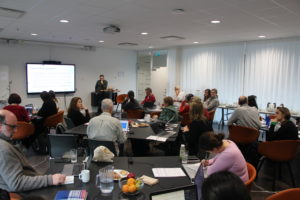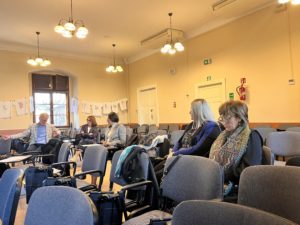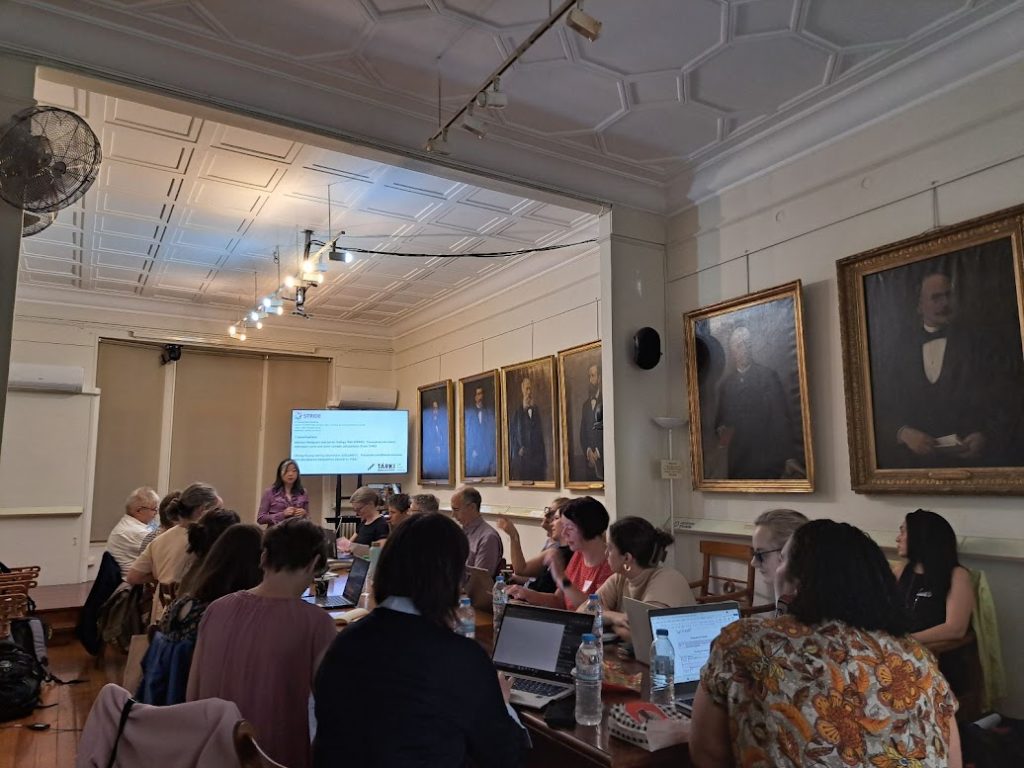Last week, STRIDE had the opportunity to be represented at the 11th International Research Conference (IRC), hosted by the International Association for the Evaluation of Educational Achievement (IEA). The event offered a valuable opportunity to showcase our work and engage with peers in the field, fostering constructive discussions and collavborations to enchance our ongoing research. This year’s conference, themed “Researching Education for Sustainable Futures,” brought together global experts to explore how education systems can become more inclusive, equitable, and future-ready. STRIDE partners contributed to this important dialogue through the presentation of two research papers, which reflect our commitment to evidence-based policy and inclusive education.
The first paper “Do Increasing Preschool Enrolment Rates Narrow the Performance Gap Between High- and Low-SES Students?” examined whether rising preschool enrolment across Europe has helped reduce educational inequalities. Using PISA data from 29 countries and linking it with UNESCO preschool enrollment statistics, the srudy found no robust evidence that higher preschool participation alone noarrows the performance gap between students from high- and low-socioeconomic backgrounds. This research highlights the complexity of addressing educational inequality and the importance of considering broader structural and contextual factors in policy design.
This second paper, “Children with a Migration Background in Europe: Trends in the Association Between Preschool Attendance and Educational Achievement (2001–2023)”, analysed PIRLS and TIMSS data to explore how preschool attendance affects academic outcomes for children with a migration background. The findings reveal persistent disparities in access and achievement, particularly among children from foreign-language-speaking households. Gender differences were also notable, with boys from migrant backgrounds more likely to leave education early. Despite targeted national efforts, such as those in Norway and Finland, the study underscores the need for comprehensive, inclusive policies that address both structural barriers and individual needs.
These contributions reflect STRIDE’s mission to support data-driven, inclusive education reform across Europe. By leveraging large-scale assessment data and cross-national collaboration, our partners are helping to shape policies that better serve disadvantaged and underrepresented learners.
We thank the IEA for hosting an inspiring conference and look forward to continuing our work toward sustainable futures through education.
Image credits:
Photo by Loveleen Cherub from Pexels: https://www.pexels.com/photo/view-of-people-sitting-at-the-conference-26202153/












